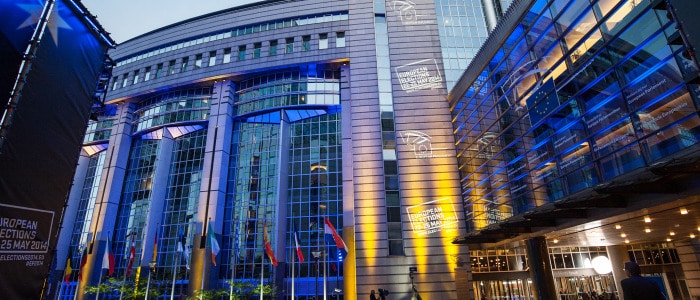Published
The New Parliament and Economic Challenges
By: Fredrik Erixon
Subjects: European Union

I was asked by the CASS Journal in China to give a few thoughts on what economic issues that the new European Parliament should address. Here’s the short piece:
The new European Parliament that takes office in June will be in an unenviable position. Euro-sceptic, populist and extreme parties on the left and the right will increase the number of seats they have at the same time as the liberal party will shrink. To avoid being at the mercy of the populists and extremists, the centre left and the centre right will have to build a coalition in the parliament, – and that will be challenging given the distance between them in some key economic issues.
Equally important, the new Parliament will begin its work at a time when leading Eurozone politicians are convinced that the economic crisis is over. This may be true insofar as we are concerned with the existential crisis that the euro project had in 2011 and 2012. But it is certainly not true as far as economic conditions are concerned.
Economic growth remains weak and no one is expecting a growth spurt in the medium term. Fiscal deficits are still substantial and the Eurozone is in a slow-moving monetary accident, with inflation forecasts well anchored in a region far below the 2-percentage target rate for the European Central Bank (ECB) and far to close regions when it is necessary to factor in the risk of outright deflation.
The banking sector remains weak, too. Credit is growing slowly and is still contracting in the crisis economies. Banks that have been used to leaving on cheap credit from the ECB are now repaying these loans to avoid drawing attention from new Eurozone financial supervisors that are new pouring over the books of Europe’s 130 biggest banks in the much talked-up Asset Quality Review. For several years now, banks in some countries have been shedding assets rather than taking up new funding and equity in order to comply with new standards for their strength.
Consequently, there are still big economic problems in the Eurozone and the new mechanisms created to deal with crisis situations are incomplete. EU policymakers and legislators will have to begin new work to fix the remaining flaws of the euro project – and they need to get going with growth enhancing reforms. There is plenty to be done. New trade agreements boosting trade and growth should be negotiated and signed. Regulations have to be cut or eliminated to take away restrictions to business and entrepreneurs. The single market in Europe, a very much unfinished project, should get a new boost, especially by expanding it into services and stepping closer into national deregulations of critical sectors like telecom and energy.
But it is precisely on such issues where the left and the right tend to diverge.